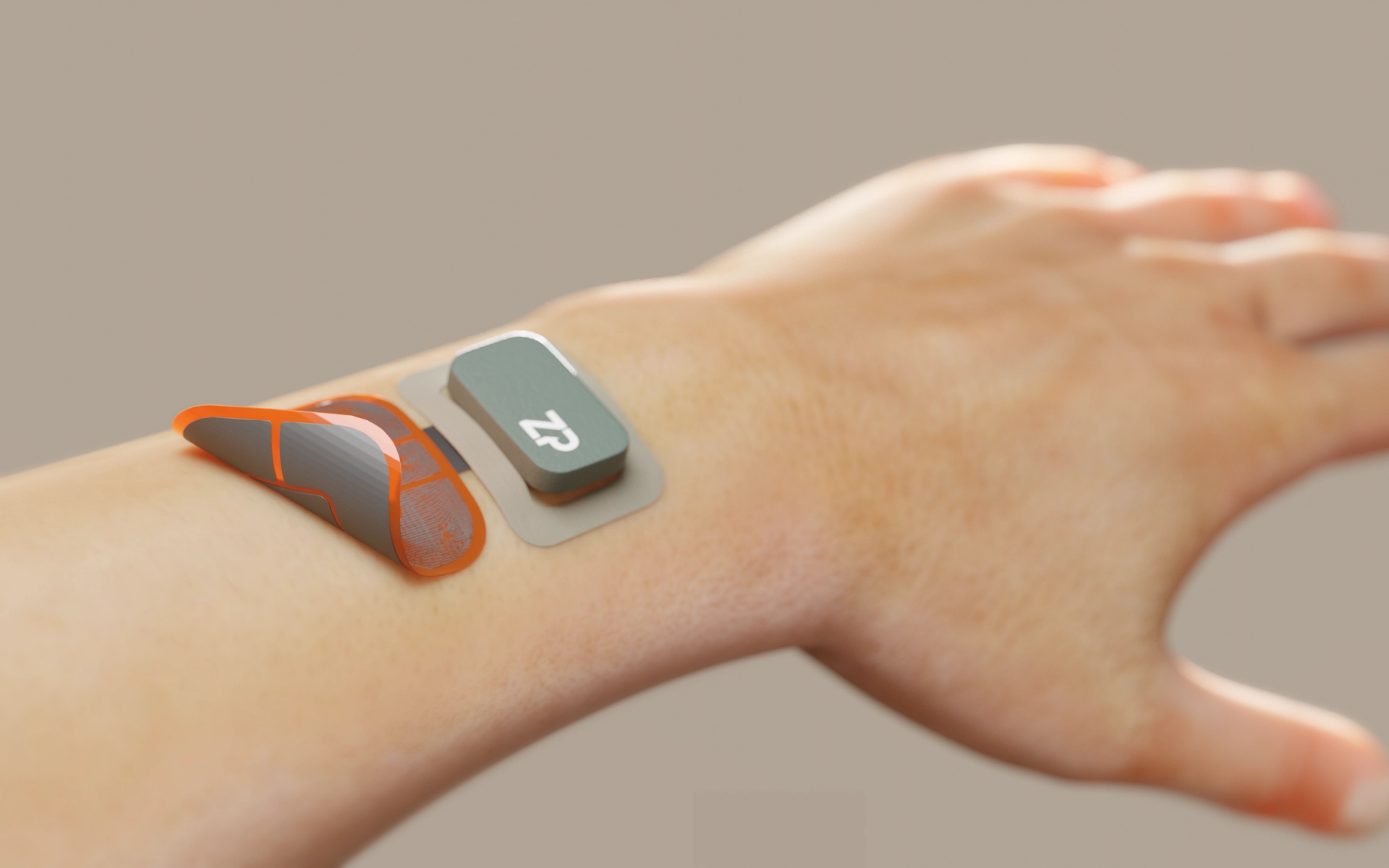Biosensors in healthcare

What is a biosensor?
Biosensors are analytical devices that convert biological responses into electrical signals. They can be used to measure vital signs such as heart rate, blood pressure, oxygen saturation and respiratory rate.
Biosensors are employed in disease monitoring and drug discovery, and have three primary components:
Bioreceptor
A biological element (such as an enzyme, antibody or nucleic acid) interacts with the substance of interest.
Transducer
Converts the biological interaction into a measurable signal.
Detector
Processes the signal and displays the results.
What are wearable devices to monitor health?
Biosensors can be integrated into devices like smartwatches, fitness trackers and other wearable gadgets to monitor physiological parameters. Continuous data collection facilitates the early detection of anomalies, allowing for proactive interventions and personalised healthcare management.
The global wearable device market is growing at an annual rate of 29 per cent and is expected to reach USD 197 billion by 2030. Norwegian pioneers Zimmer & Peacock have developed wearable electrochemical biosensors which enable customers to build their own apps, focusing on parameters such as glucose, lactate, pH and potassium.
Advantages of biosensors
Instant feedback
Biosensors facilitate timely interventions and adjustments in treatment plans.
High sensitivity and specificity
They can detect low concentrations of analytes with high precision, ensuring accurate diagnostics.
Non-invasive monitoring
Wearable biosensors offer a non-invasive means to continuously monitor health indicators, enhancing patient comfort and compliance.
Cost-effectiveness
By enabling early disease detection and reducing the need for extensive laboratory tests, biosensors can lower healthcare costs.
Biosensor applications
Biosensors have become integral to the fields of diagnostics, continuous monitoring and therapeutics.
Applications of biosensors in the pharmaceutical industry
In the pharmaceutical industry, biosensors play a crucial role in drug discovery and development. They are used to identify potential trial candidates and measure drug-target interactions with unparalleled sensitivity. Biosensors are also utilised to detect contaminants and impurities in drug formulations.
Applications of biosensors in biotechnology
In biotechnology, biosensors are employed to monitor cellular processes, ensuring optimal production of biologics like vaccines, enzymes and antibodies.
With advancements in nanotechnology, biosensors continue to revolutionise the way medical professionals diagnose, monitor and treat patients. By seamlessly integrating into various medical devices and systems, biosensors are paving the way for more personalised and proactive healthcare approaches.
